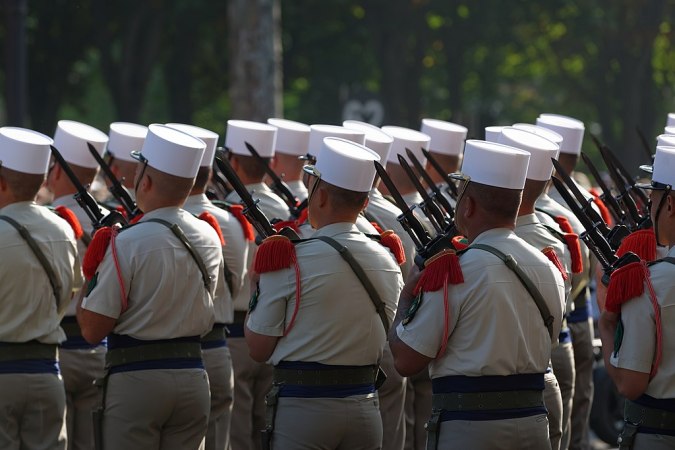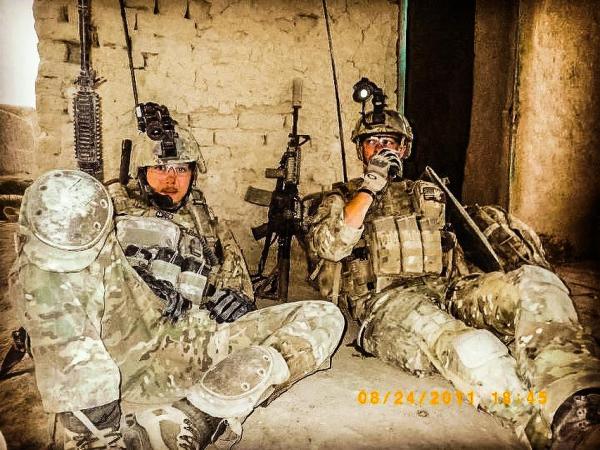During the Cold War, the U.S. faced the very real possibility they’d have to rush masses of troops to the front line but wasn’t sure where the front line would open up. While the more obvious places like the Fulda Gap or Checkpoint Charlie had troops, tanks, and helicopters nearby all the time, many other potential flashpoints were lightly defended.
The plan for a conflict in these areas was to rush airborne soldiers and Marines in to plug the gap while follow-on forces were deployed over the following days to reinforce them.
So how did airborne soldiers get badly needed tanks and heavy equipment? Well, the Air Force dropped them out out of C-130 Hercules cargo planes while flying 150 mph while only a few feet from the ground.
The Low Altitude Parachute Extraction System (LAPES) was rigged to drop heavy equipment needed by remote troops where a plane couldn’t land and takeoff safely. It was developed in 1964 and saw use at the Siege of Khe San and other battles in Vietnam.
America’s current tank, the M1 Abrams, weighs four times as much as the M551 Sheridan did and so isn’t typically dropped out of planes. It’s armored personnel carrier, the Stryker, is only a little heavier than the Sheridan was and is dropped from planes, typically in Alaska.
As the U.S. faces the prospect of another Cold War, the defense industry has pitched a new light tank that can be air dropped. So, tomorrow’s tankers may benefit from airborne qualifications again.


























